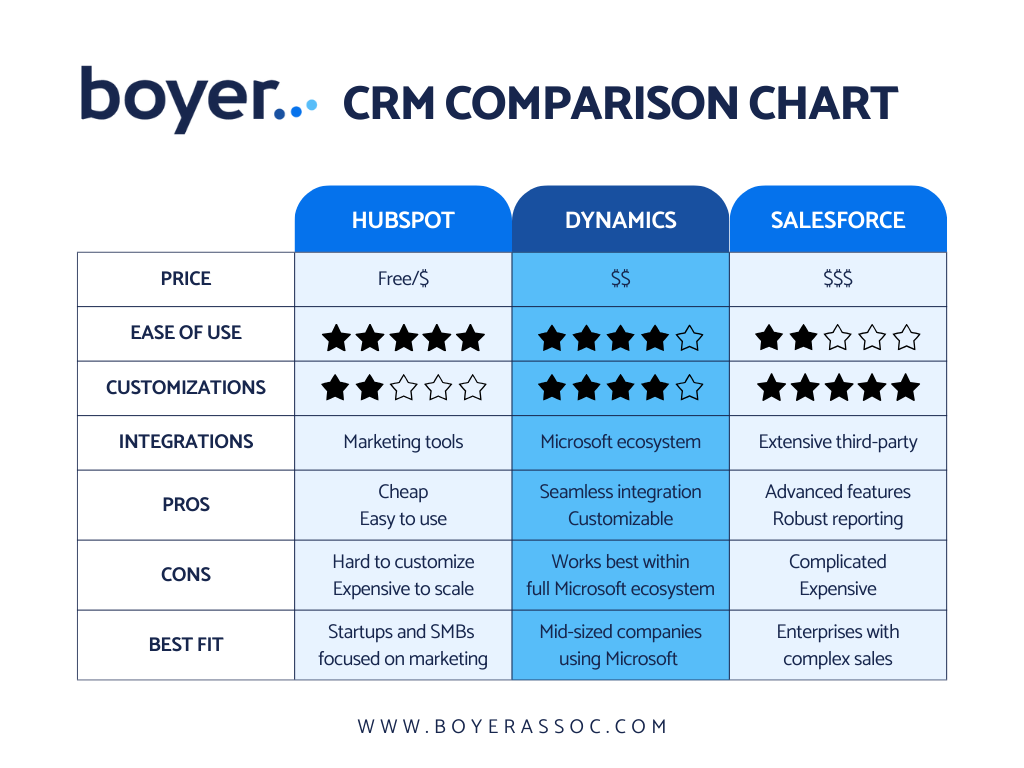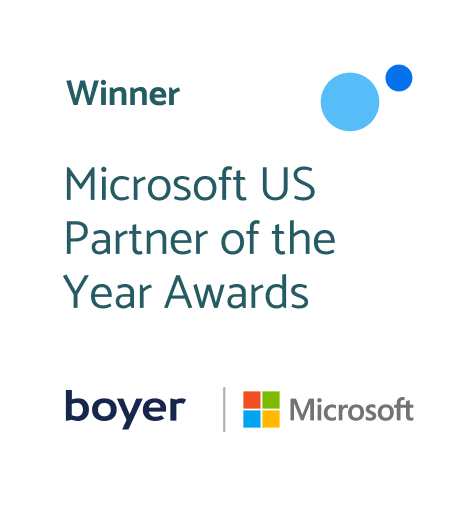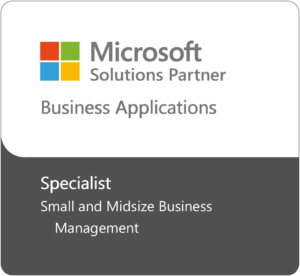CRM comparison: Dynamics 365 Sales vs. HubSpot vs. Salesforce
Choosing the right Customer Relationship Management (CRM) system can make a big difference in how well your sales team performs. Enabling them with the toolset that best fits their needs will help them manage leads and opportunities and close more deals.
But how to decide which option is right for you can be tricky:
- Do you choose the one that’s the easiest to use?
- Or opt for the one with the most features?
- Or go for the solution that works with your existing tools?
With dozens of options available, three platforms consistently rise to the top of the winner’s circle in a CRM comparison: HubSpot, Salesforce and Microsoft Dynamics 365 Sales. In this blog, we’ll take a look at the pros and cons of each.
Now, before we get started, you might have already noticed that Boyer only sells one of these three solutions. In fact, we use Microsoft Dynamics 365 Sales internally as well.
Are we biased? You bet. Do we think it’s the only good solution out there? Absolutely not. We can appreciate the benefits of other CRMs. We understand that our solution doesn’t work for everyone — and we’ll be the first to tell you if we don’t think it’s a good fit for your business.
Now that we’ve got that elephant out of the way, here’s a look at some of the pros, cons and best use cases of these three top-rated CRMs:

Hubspot: Simple and affordable
HubSpot is easily one of the most popular CRMs for startups and small businesses — with good reason. First, it has a completely free option, no expiration, no catch. It’s also super easy to learn and use, with an intuitive design and drag-and-drop tools that eliminate the need for IT support.
Where HubSpot really shines, though, is its marketing features. HubSpot got its start as a marketing automation tool, and that’s still an essential part of its key functionality today.
While a great option for SMBs, HubSpot loses its shine in a CRM comparison if you want to add any customizations. Because it’s geared toward smaller companies with simple needs, it’s more rigid than other options, lacking the flexibility or customizability that growing companies often need.
- Pros: Cheap and easy to use
- Cons: Difficult to customize or scale
- Best Fit: Startups and SMBs focused on marketing
Salesforce: A premier enterprise powerhouse
Perhaps the most recognizable name associated with the term “CRM,” Salesforce comes with a myriad of advanced features — all the bells and whistles you can imagine. It’s highly customizable, offering custom workflows to accommodate complex sales cycles, extensive third-party integrations and more.
Often touted as the premier choice for enterprises, it also features strong analytics and dashboards to help you create tailored reports.
As you might expect, with more features comes a high price tag and a steep learning curve. What we’ve heard from companies switching off Salesforce is that it’s more than they need, too hard to learn and too expensive.
- Pros: Advanced features and robust reporting
- Cons: Complicated and expensive
- Best Fit: Enterprise companies with complex sales cycles
Dynamics 365 Sales: AI-powered selling with seamless integration
With more than 1 billion people using Microsoft solutions on a daily basis, it should come as little surprise that Dynamics 365 Sales does well in any CRM comparison. Built by the same company that brought you the Office tools you know and love, Dynamics 365 Sales capitalizes on the ecosystem play.
It connects seamlessly with such popular tools as Outlook, Teams and Excel, pulling in data across systems to help you collaborate easier and faster. With this “one source of truth,” you get a 360 view of your leads, opportunities and customers.
You can use it right out of the box or customize tables and workflows to reflect your specific sales process. Plus, you can use the Power Platform to connect disparate pieces, automate workflows and report on your progress.
- Pros: Seamless integration with the tools you already know and love
- Cons: Works best within the full ecosystem
- Best Fit: Mid-sized companies already invested in Microsoft
Is Microsoft Dynamics 365 Sales the right CRM for you?
If you’re just getting your business off the ground, you might find HubSpot’s plug-and-play option a better fit for your needs. And if you have a complex sales process or regulatory reporting requirements, you might prefer the intricacies of Salesforce.
But if you’re looking to make selling easier with a CRM fitted to your growing company’s needs, Dynamics 365 Sales might just be the right solution.
While HubSpot is perfect for small teams and Salesforce excels in enterprise environments, Dynamics 365 Sales strikes a compelling balance. It combines the usability of HubSpot with the scalability of Salesforce, making it a great fit for mid-sized companies — especially those already using other Microsoft tools.
Its AI-powered features, seamless integration and customizable workflows make it a future-ready CRM that can grow with you.









